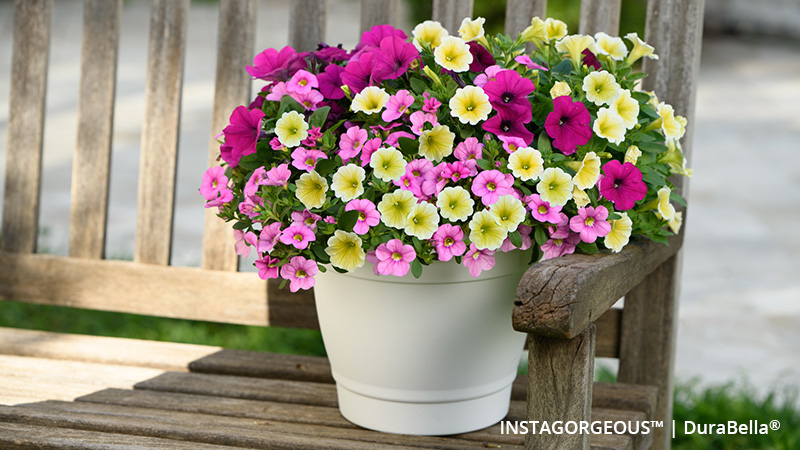Inspiring Summer Customers Without A Word Being Said

Ian Baldwin
As temperatures climb and that manic spring customer flow slows to a trickle some days, it’s always tempting to take a deep breath, look at sales YTD compared with last year and relax with the thought that ”it’s over.” There used to be a day when that was somewhat true; retail garden companies (and many of their suppliers) could put a “Gone Fishing” sign on the door and literally, go fishing.
Of course that’s still the case if you are living entirely on seasonal pop-ups. If so, good for you. Tell me how you make it work!
But for the thousands of owners, managers, and team members who have been in overdrive for the past 12 to 16 weeks, the reality is that you can’t afford to take your foot off the pedal. The costs of being in business don’t take a summer break.
Now that the consumer has found, bought, and planted what they need (hopefully), we have to sell them what they might like. And given the summer temperatures and competing activities, we have to make the shopping experience as enjoyable and successful as possible.
Traditionally, that has meant a customer finding an employee who, by a series of questions and answers, narrows down what they think best suits the customer’s situation. This assumption is now seriously challenged by such developments as online research before customers leave home (more than 60% for lawn and gardening shopping) and YouTube videos on their tablets as they walk the aisle. Let’s not forget the other reality — the cost and availability of knowledgeable labor.
Hand-Holding May Not Be “Full-Service” Anymore
The full-service local garden center channel is still far too dependent on knowledgeable employees. Even if you can find and hire them to hand-hold every customer, shoppers today are used to (and sometimes more comfortable with) “discovery” on their own. With online research increasingly common, there is a lot less need to start every conversation from scratch. Customers just want to know if they are interpreting things correctly for their own situation. The retail center becomes a validation center.
Customers who have spent time researching their project, product, size, brand, or budget, need much less discovery conversation with employees. What they need is guidance, validation, assurance, and confidence-building. Merchandising can do much of that, too. Garden shopping is changing from an assisted treasure hunt to a focused project. The mantra might be “research online, validate in store.”
Silent Selling Can Be Compelling
So, if you are able to take some time off and tour some of your peers or your competition, see what you can find in the way of exciting, persuasive merchandising or “silent selling” with a compelling value-proposition. Take lots of pictures (if allowed, of course), and build a training session around them, because exciting, persuasive value propositions are still hard to find. But that’s what shoppers want right now: A simple clear vision of the end result, the products, the how-to “recipe” and the price of the project (or the cost of not doing it!).
Despite all the “merchandising training” and the digital media now available, it’s hard to find merchandising that inspires summer spending in this way — without a word being said.
See what you find out there and let us know in the comments section below. Happy value-propositioning!
Reprinted from IanBaldwin.com with permission from Ian Baldwin.








